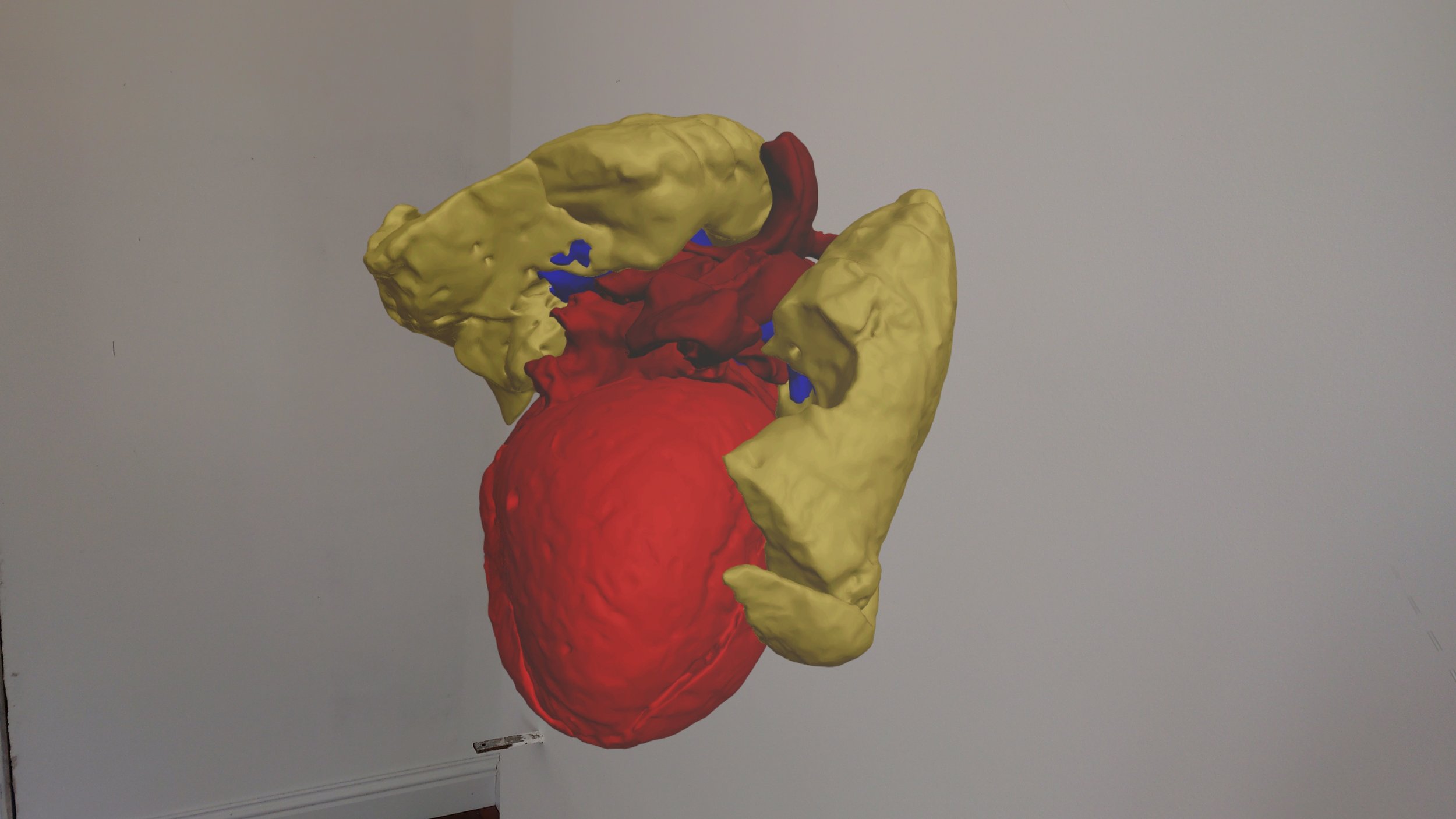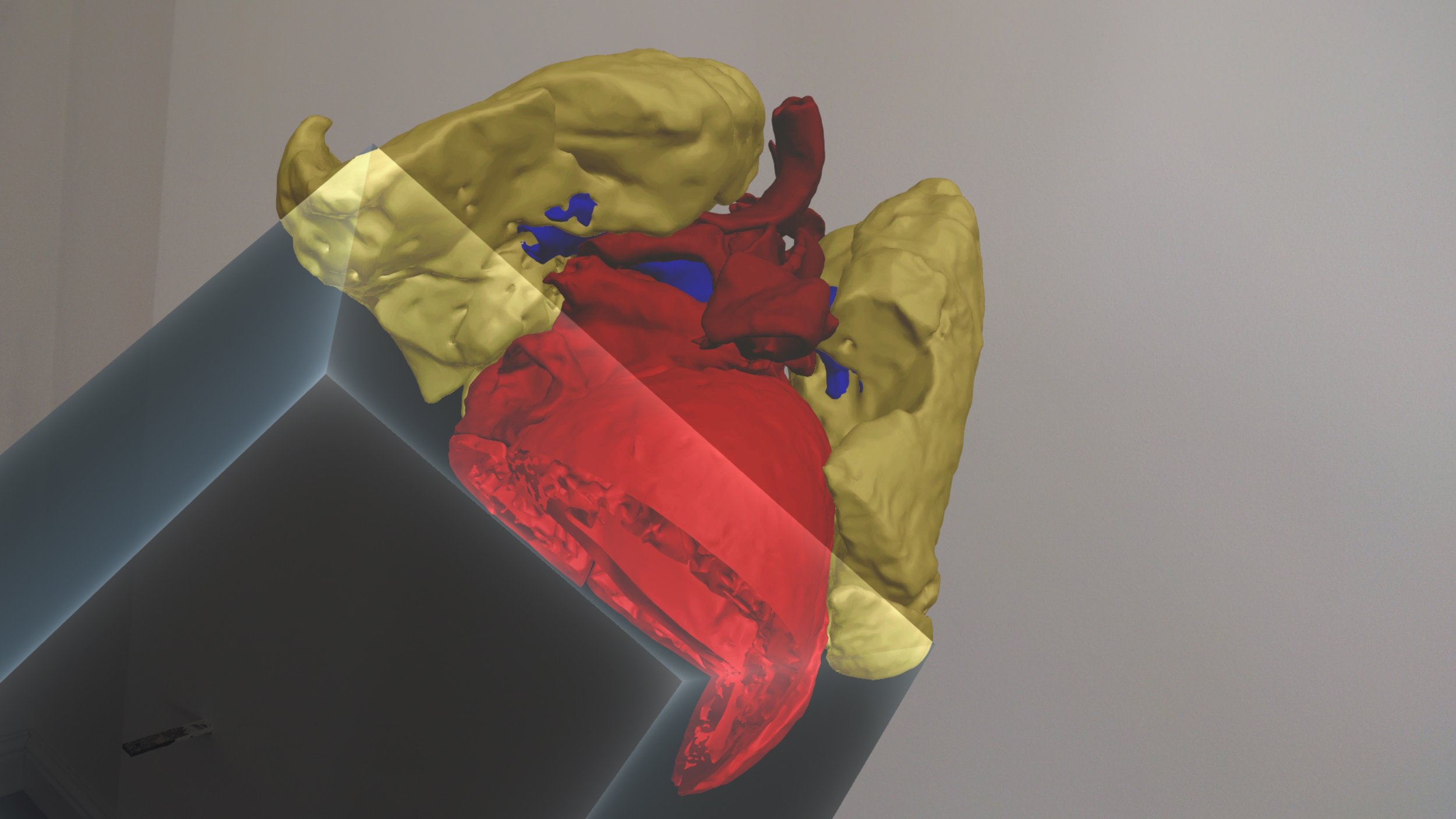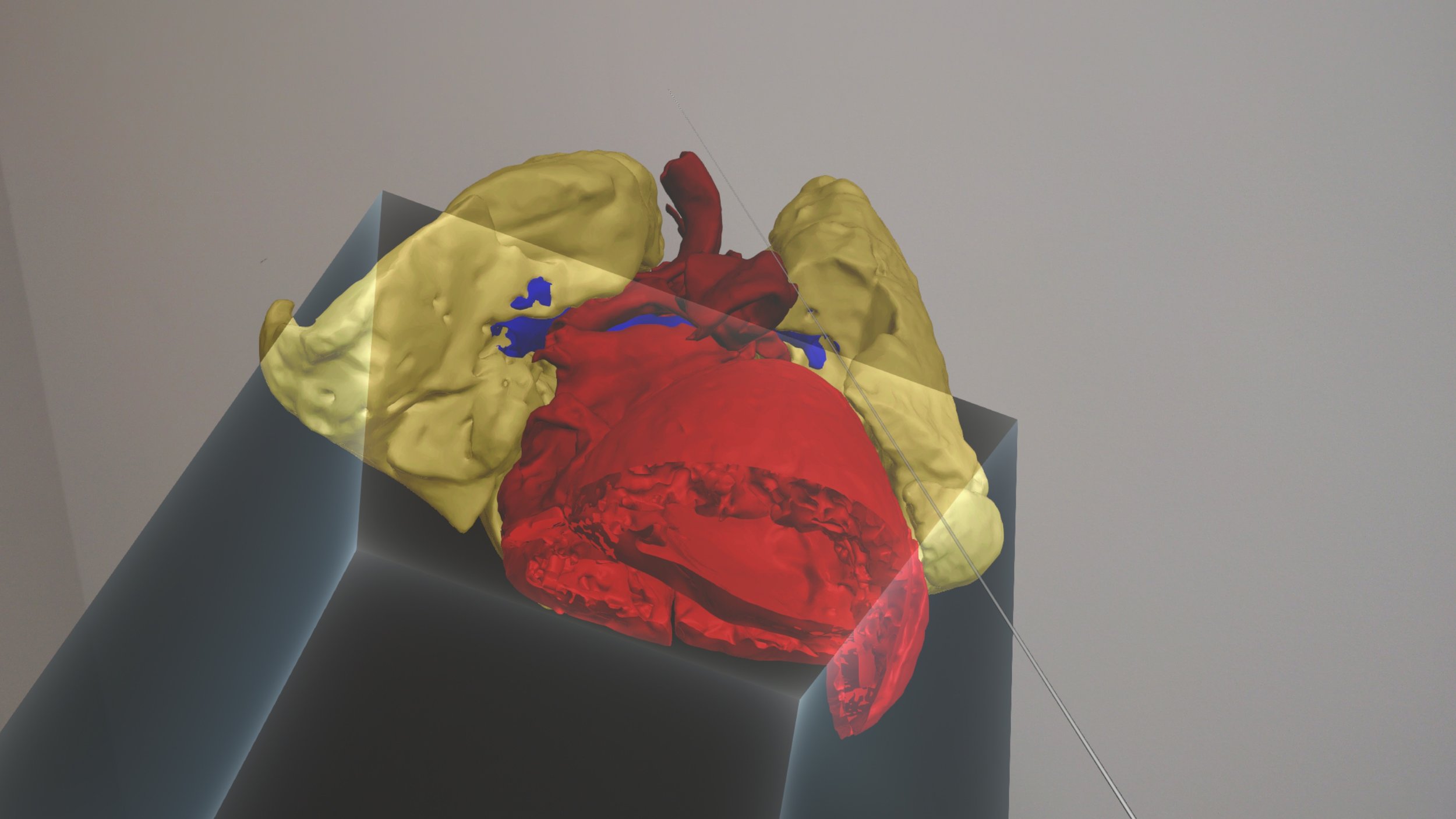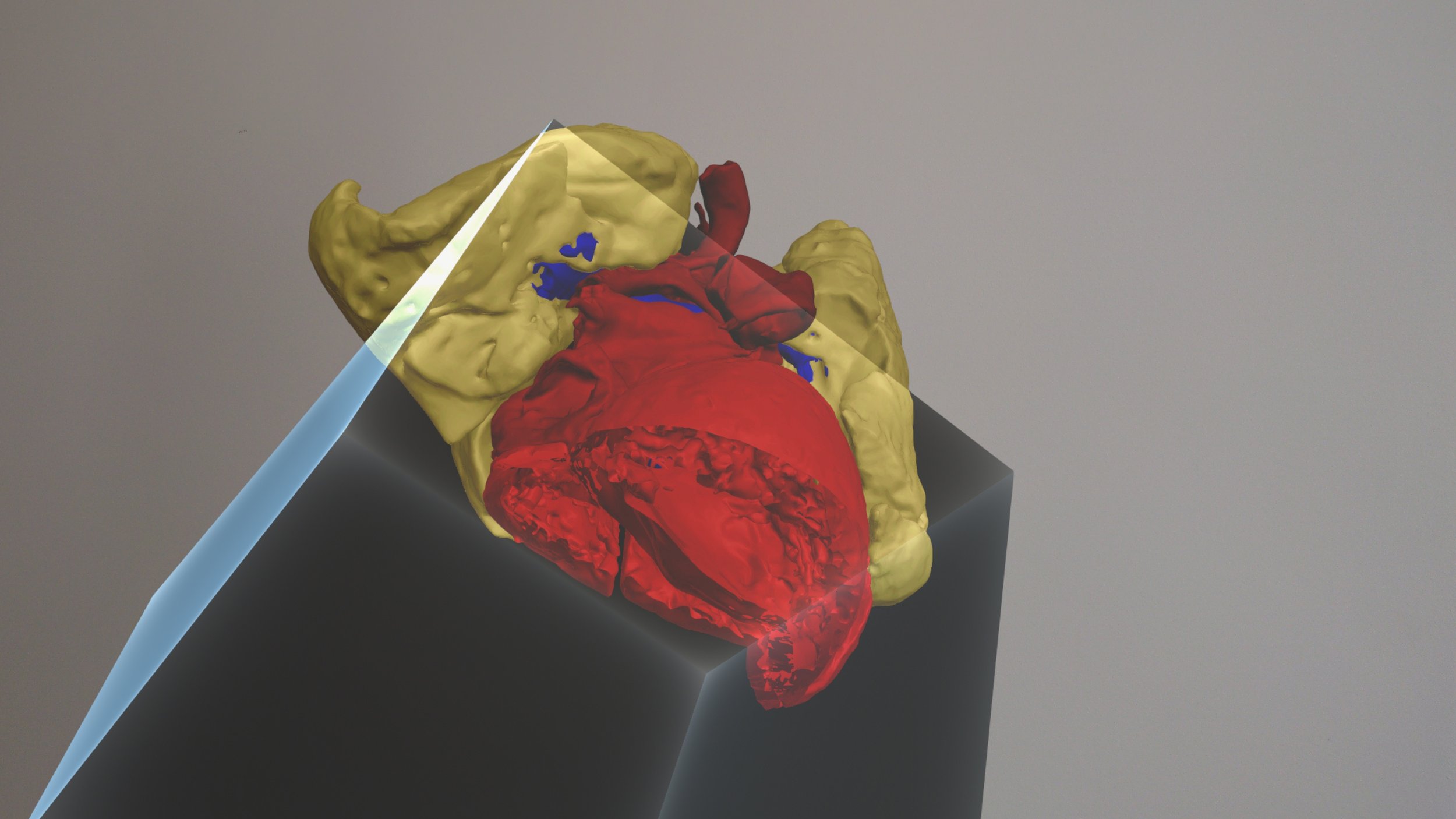Heart disease: Could 3D modelling hold the key ?
Hundreds of human hearts, stored for decades, could hold the answer to tackling rare congenital heart conditions.
Dr Leon Gerlis established the collection at Killingbeck Hospital in Leeds in the 1960s, when it was common practise to remove diseased organs so they could be studied to help improve future cardiac surgery outcomes.
There are 785 hearts in the Gerlis Collection but modern laws make it difficult to use them.
Image: Leon Gerlis Cardian Morphology Museum, Royal Brompton Hospital
Now, a project at Leeds Children’s Hospital has launched to scan the hearts so 3D printed models can be made. Virtual Gerlis heart models will also be available for computer use, and on mobile phone apps.
Elinor Fowler from Heart Research UK, one of the funders, said: “The Gerlis project is a key example of a breakthrough in rare congenital heart disease. Scientists at Leeds Congenital Heart Unit are creating 3D models and holograms of a unique collection of heart defects. The new models will be open to health professionals and hope to improve the understanding and medical education of congenital heart disease, which in turn will be able to improve the quality of life for patients.”
The hearts are being scanned using Magnetic Resonance Imaging (MRI) which will enable multiple models to be produced.
Ms Carin van Doorn and colleagues at Leeds Teaching Hospital will scan the organs with MRI
One in four deaths in the UK is caused by heart or circulatory diseases, yet it remains under-funded compared with other conditions. According to the Institute for Public Policy Research £29 per person is invested in cancer research every year, and just £9 per person goes to cardiovascular disease research and development.
Pic: Chris Slegg
Pic: Chris has had multiple heart surgeries
BBC Sports Reporter Chris Slegg is living with the rare heart condition Ebstein’s Anomaly, a congenital heart defect of the right side of the heart affecting just one in 200,000 people. He says because it’s so rare, it’s chronically underfunded and that the right ventricle has become thought of as “the forgotten ventricle”. Chris is determined to raise the profile of Ebstein’s anomaly and recorded a podcast about living with the condition, along with clinical psychologist Mina Arvanitopoulou. You can listen here.








